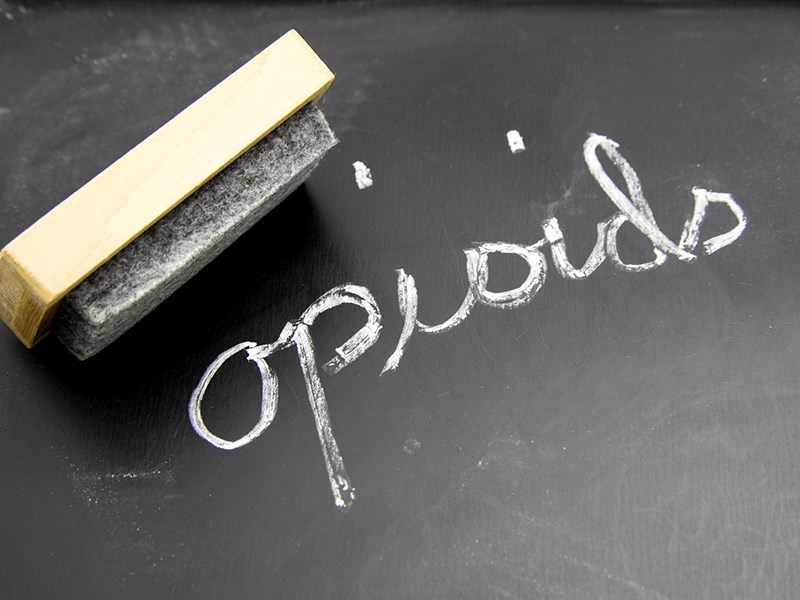Current marijuana legalization should be postponed until fentanyl-related deaths no longer occur. It is in bad taste to talk about smoking pot during a fentanyl crisis and implies the opioid deaths are meaningless or self-afflicted.
It also is a red herring to the real problem, which is the culture of criminalization of many recreational drugs, which contributes daily to the deaths of opioid addicts, cocaine users and even first-time, party-drug users.
Addiction is a health problem that requires urgent attention because of criminals and amoral people putting poison into drugs that others are addicted to.
Legalizing heroin would be the best way to stop the senseless deaths and give users time to get into recovery. This is more urgent than legalizing marijuana. Someone is poisoning addicts’ drugs and to not give them clean drugs is wrong and cruel. These “addicts” are someone’s children, parent or spouse.
My son was 24 when he died from fentanyl toxicity in March 2017. He finished work one day and died shortly afterward.
Did he use heroin to relax with? Or perhaps as parents we pushed him to far, stressing earning a living and academic achievement. Obviously we were uneducated about drugs and did not comprehend heroin or understand how the supply is tainted with fentanyl. Or maybe denial was a factor?
Why was he doing drugs? He was not homeless; he was working, attending university during the day taking writing courses. He had already written a novel, owned an insured vehicle and had a lot of friends. He had even been invited to play drums in a local band.
It turns out my son had no marks on his arms because he injected into a private area. He tried to go cold turkey, and then saw a “pain clinic” doctor who put him on suboxone, the drug that makes the cravings go away. I found this out by going through his garbage and tracking down the doctor.
I asked why the “pain clinic” didn’t tell us parents anything, and I even wrote a complaint to College of Physicians and Surgeons of BC. I lost the case.
If the medical system won’t tell parents what is going on, then parents have to tell each other, even if it means finding out who a young person’s parents are and telling them how to keep their child alive.
My son used to wear a “say no to drugs” t-shirt in grade seven, so he received the same message my generation did, which did not include any information except that drugs are bad and not to do them.
Doing something “bad” repeatedly brings shame to a person’s life and causes them to be secretive. Legalizing heroin would make the addict safer, enable them to get help, and remove the shame. A way to measure the dose and quality would improve their daily lives.
The best current option is to have your adult child do the drug at a safe place with a nurse every time, or in your presence with you having a naloxone kit and phone.
Maureen Christensen is a Powell River resident who has experienced the fentanyl toxicity/opioid crisis in Canada.



